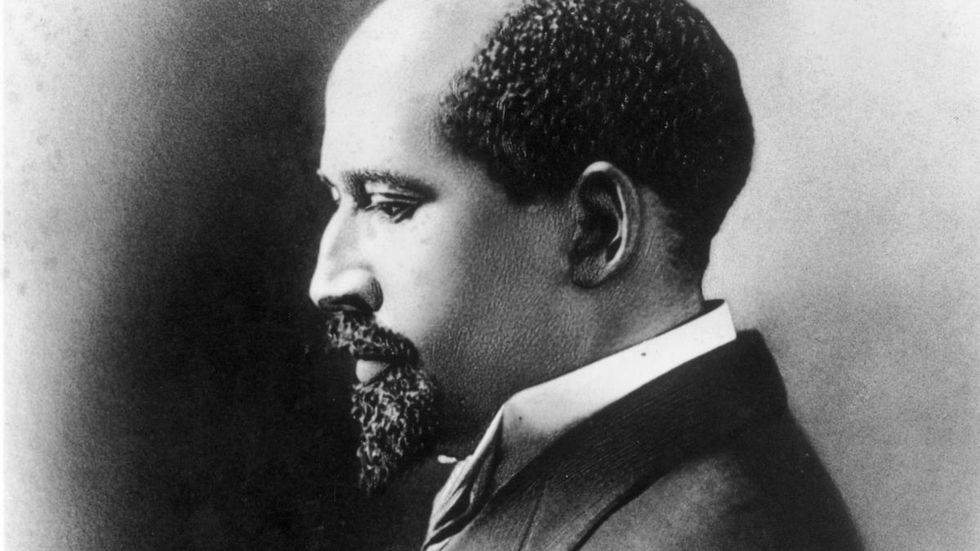Journalists are often disguised. They are hidden in the pages of history while their contributions propel entire populations of people toward social and political change. Such is the case with W.E.B DuBois, an individual popularly recognized and revered as a social activist and reformer. During a time when the voice of African Americans was absent from the media, DuBois arose as a speaker and writer advocating the Civil Rights Movement and fighting for equal rights.
DuBois was a writer. His experience in the field started early on in 1882 and persisted throughout the entirety of his life. At 15, DuBois began his writing career. He became the local correspondent for the New York Globe, the main colored paper at the time led by journalist T. Thomas Fortune. He initially sold copies of the newspaper to small groups of people in Great Barrington, Massachusetts, his hometown. Within a month, DuBois started writing news notes which then got published in the Globe. His journalism career had unofficially begun.
In 1895, DuBois became the first African American to graduate from Harvard University. The legacy he left behind was his dissertation. Titled “Suppression of the African Slave Trade in the United States of America,” it was a paper in which DuBois discussed the emergence of American slavery and the colonial policies of the eighteenth century. The paper became one of DuBois’ most influential pieces of writing because he addressed an issue that had not been previously raised: the brutal realities of slavery in the United States.
DuBois started his effort for change through investigative journalism. In 1896, he performed sociological research in Philadelphia’s African American neighborhoods which had become notorious for high crime rates, poverty, and mortality. His research allowed him to draw conclusions about the impact of stereotypes on people’s negative mindset about African Americans. In The Philadelphia Negro, which became the first case study published about a black community, DuBois documented interviews and surgery analyses that revealed the inferiority African Americans faced in American society.
Beginning in the 1900s, DuBois took center stage in the Civil Rights Movement and was inspired to even greater activism. In 1903, he published Souls of the Black Folk, a collection of 14 essays which became a cornerstone of African American literary history. Portraying the “double consciousness” faced by African Americans, DuBois examined the effects of Jim Crow and segregation on black communities.
In 1905, DuBois became one of the founders of the Niagara Movement focused on opposition to racial segregation and disenfranchisement. In his words, “The Talented Tenth of the Negro race must be made leaders of thought and missionaries of culture among their people.”
The most influential portion of DuBois’ work began in 1909 when he attended the National Negro Conference in New York. NAACP leaders immediately offered DuBois the position of the Director of Publicity and Research. In 1910, DuBois became the editor of The Crisis, NAACP’s magazine and proclaimed that the paper sought to “set out those facts and arguments which show the danger of race prejudice, particularly as manifested today toward colored people.” By 1920, the journal had a circulation of 100,000 and became one of the most successful magazines of the time.
In The Black Titan, author John Clarke explores the character of WEB Du Bois as the father of the Black liberation movement and the twentieth century leader of the struggle against racial oppression and discrimination. In this book, Du Bois is introduced as a “journalist without peer” whose commentaries and editorials in The Crisis magazine “addressed the nation and the world on all the vital topics of the time for decades” (Shawn Leigh). Through his work as a journalist, writer, and speaker, W.E.B DuBois aimed to remove this barrier of ignorance and shed light on the truth about African American rights. It is only by examining his work from this perspective that the social change he inspired can truly be understood.



















